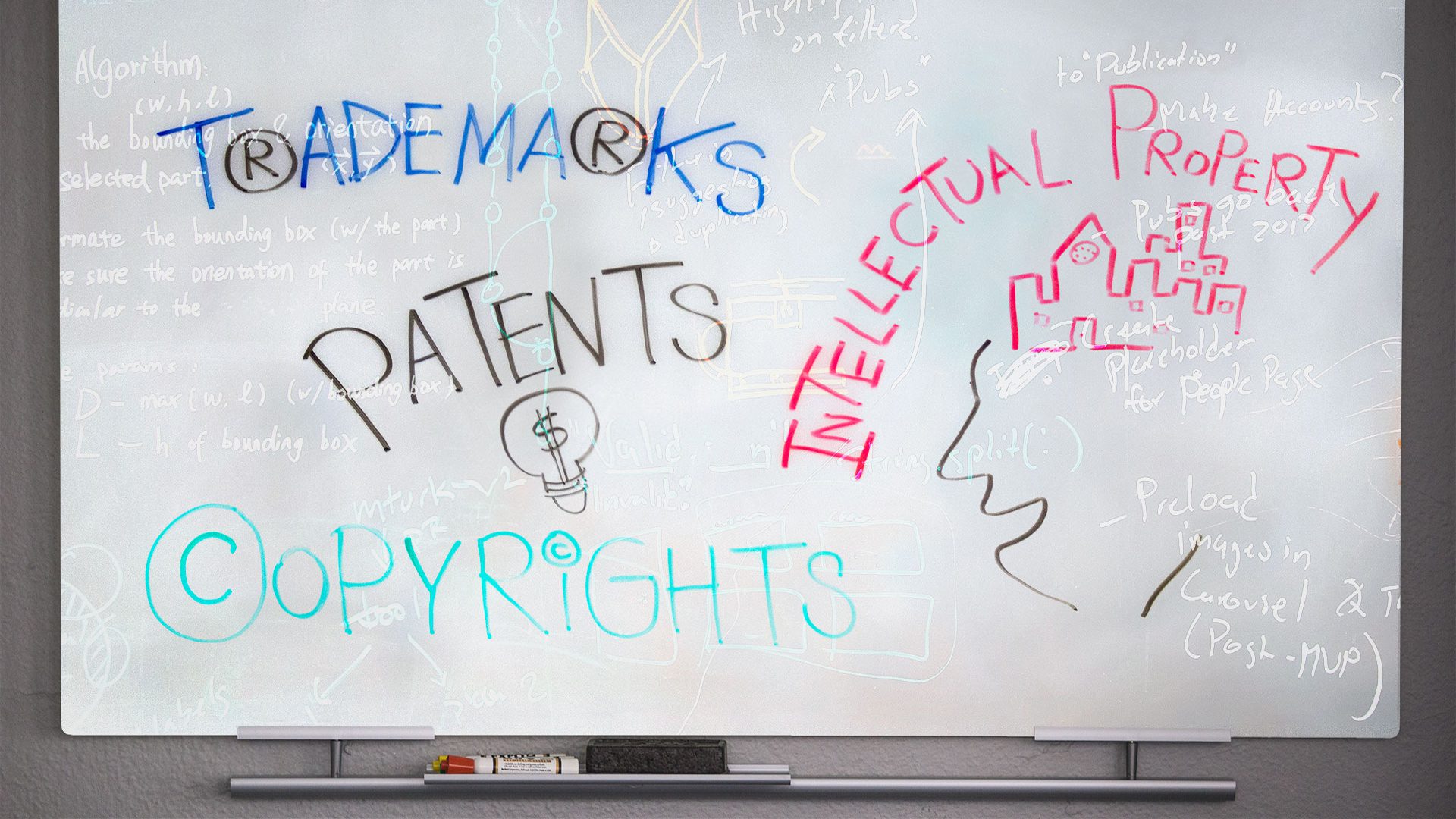- April 03, 2019
- By Carly Taylor ’19
If your best friend walks in showing off the same sweater you wore yesterday, you’d probably tell yourself imitation is the sincerest form of flattery. But seeing someone flat-out copy your bread-and-butter business idea is much less charming.
In a program yesterday at the new Diamondback Garage, intellectual property attorney Keisha Hylton-Rodic of Hylton-Rodic Law PLLC guided university researchers in techniques to fend off competitors and copycats while building their companies—business skills that can be a challenge for those not grounded in startup culture.
It was the latest in an ongoing series of workshops hosted by UM Ventures, Mtech and the Dingman Center for Entrepreneurship to help faculty and graduate students “transform inventions and innovations at the university into successful startups and products and services,” said Alla Corey McCoy, director of startup support for UM Ventures, and producer for the events.
Guest presenter Hylton-Rodic said even if innovators are building a small business in their basement, it’s crucial to put good business practices in place from the beginning to safeguard their ideas and intellectual property.
“When you’re starting out, it’s hard to truly see where you’re going to end up,” she said. “Most will be a dud, but you don’t know if you’ll be the next big thing.”
Hylton-Rodic outlined four intellectual property concepts every startup innovator needs to be familiar with:
Patent: This is a legal right barring others from creating and distributing your invention for 20 years. Use this to keep a dishonest competitor from ripping off the key technology behind your laundry-folding robot.
Trademark/Service Mark: This is a legal right that prohibits others from using an attribute, like a word or symbol, that you use to distinguish your product or service. If you establish a recognizable brand image—an apple, for instance—a competitor can’t piggyback on your popularity with a similar mark by claiming it’s a pear.
Copyright: This protects works you have authored. Songwriters and software developers should seek this as an option in safeguarding their projects, so your rock opera about the development of the interstate highway system doesn’t show up in a brief off-Broadway run next season.
Trade Secret: This refers to the proprietary method, formula or special processes you might use to make your invention a reality. It’s a protected form of intellectual property that you can defend against lowdown adversaries in court.
Topics
Campus & Community